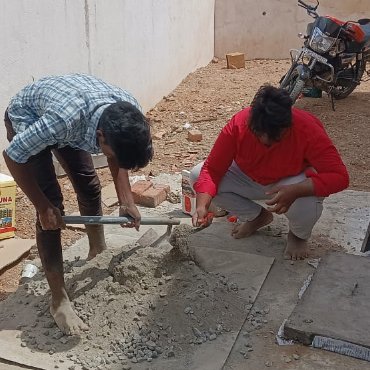“The best creator next to God are Civil Engineers”
Civil engineering is the oldest branch of the profession of engineering after military engineering.
Civil engineering is that field of engineering concerned with planning, design and construction for environmental control, development of natural resources, buildings, transportation facilities and other structures required for health, welfare, safety, employment and pleasure of mankind.
What is Civil Engineering?
The application of science, mathematics, business, and other fields to harness efficiently the resources of nature to develop structures and facilities that benefit the entire society at the current time and in the future.
ROLE OF CIVIL ENGINEER IN SOCIETY:
A civil engineer has to conceive, plan, estimate, get approval, create and maintain all civil engineering activities.
Civil engineer has very important role in the development of the following infrastructure
- Measure and map the earth's surface.
- Plan new townships and extension of existing towns.
- Build the suitable structures for the rural and urban area for various utilities.
- Build tanks and dams to exploit water resources.

STAFF DETAILS
| S.NO | NAME | QUALIFICATION | DESIGNATION |
|---|---|---|---|
| 1 | VINOTH S | B.E [CIVIL] | HEAD OF DEPARTMENT |
| 2 | ELAMATHI R C | M.E [STR] | LECTURER |